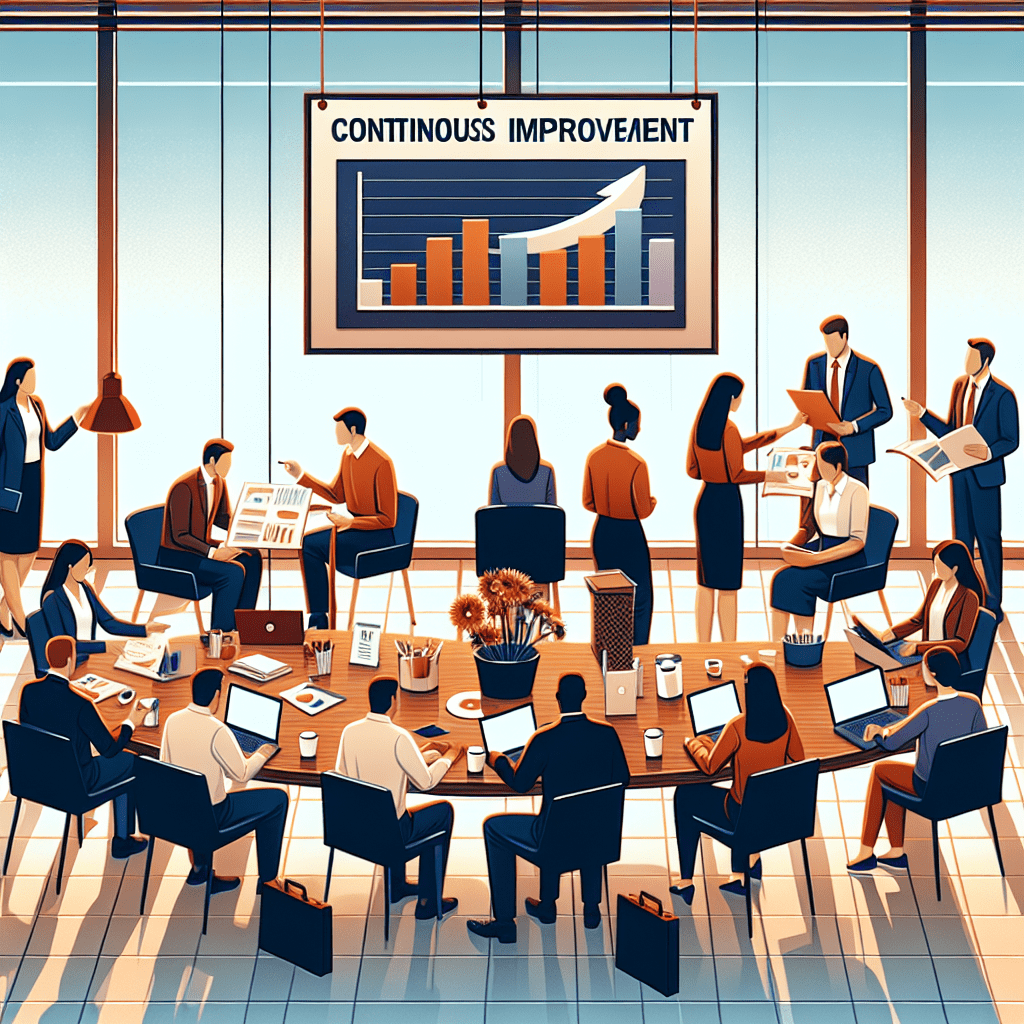
Empowering Continuous Improvement Through Caring Leadership

Continuous Improvement: It’s About People, Not Just Strategies
Here’s a bold statement: continuous improvement isn’t merely a strategy; it’s fundamentally rooted in caring for people. Now, before you roll your eyes and dismiss this as just another corporate mantra, hear me out. At City Skills, we’ve realised that the bedrock of lasting improvement lies in the relationships we cultivate within our teams. It’s not all about efficiency or smashing targets; it’s about creating an environment where everyone feels valued and heard.
The Power of Caring Cultures
Let’s get real. When people feel respected and cared for, their productivity and wellbeing soar. It’s not rocket science. The recently published book, Why Care: How Thriving Individuals Create Thriving Cultures of Continuous Improvement Within Organizations, brilliantly elaborates on this concept. Written by two insightful minds, it dives deep into the transformative power of nurturing a culture that prioritises care.
So, why should leaders take note? Because caring cultures drive performance. Imagine a workplace where everyone feels seen. Makes a difference, doesn’t it? When teams operate in a space where they are not just cogs in a machine but valued members, the results are undeniable. They collaborate better, innovate more, and are less likely to burn out.
Creating Psychological Safety
Another critical aspect highlighted in the book is the importance of psychological safety. Lean leadership extends beyond merely following a checklist of methods. It’s about fostering an atmosphere where open dialogue is the norm, and everyone can voice their thoughts without fear of reprisal. Sounds ideal, right? But how achievable is it in today’s corporate world?
Building this level of trust takes time and commitment. It involves leaders stepping back, listening actively, and encouraging candid conversations. Let’s face it—no one wants to work in an environment where their opinions are squashed under bureaucracy. So why would we want our teams to feel that way?
Leading with Humility
Now, let’s touch on a point that often gets overlooked: the need for humility in leadership. True leadership isn’t about sitting at the top of a hierarchical ladder; it’s about intersecting paths with your team. You know that feeling of connection when someone genuinely listens to you? That’s what true leadership should embody.
Creating a space where people can truly thrive means encouraging vulnerability—both from leaders and team members. We need to acknowledge that everyone has something valuable to offer. Just the other day, I found myself in a brainstorming session where the most junior member had a suggestion that completely changed our approach to a project. If leaders only champion top-down communication, they rob themselves of these golden insights.
The Reward of Recognition
The recognition of this work with the Shingo Publication Award underlines the book’s influence. It’s a clear message: improvement strategies need to focus on humanity, purpose, and connection. When we care for those we work with, we create a ripple effect that extends beyond our immediate circle.
Our past experiences shape how we lead, but let’s not forget the importance of being present in the now. Reflecting upon my own journey, I recall when I first understood the tangible benefits of leading with empathy. It was an epiphany that transformed my relationships and ultimately the performance of my teams. The results? Incredible growth and achievement, but more importantly—content individuals who felt proud of their contributions.
How Do You Foster Care?
So, here’s my reflective question for you: how are you fostering a culture of care within your organisation? Are your team members given the opportunity to speak up? Do they feel heard and valued? Remember, creating a thriving culture doesn’t happen overnight, but it’s a journey well worth embarking on.
Spark a conversation in your workplace about caring. Whether it’s a simple team meeting focused on listening or implementing some feedback sessions, every little step matters. Let’s make our work environments not just places of productivity but communities of support.
So grab that coffee, sit down with your team, and ask them: “What matters to you?” You might just be surprised by the answers—and the improvements that follow.
#CitySkills #ContinuousImprovement #Leadership





